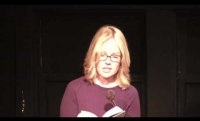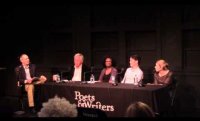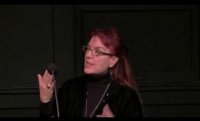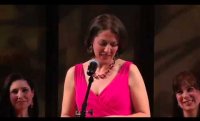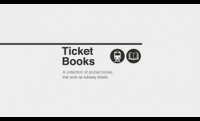Myguail Chappel works in the DeKalb County Public Library's Adult Services department. For over ten years Chappel has coordinated diversity programs including One County, Many Voices; Pub Fiction; International Café; the Jubilee of Reading Book Club Conference; and outreach programs to local nonprofit community organizations in the DeKalb community in Decatur, Georgia. Throughout his tenure, Chappel has leveraged funding from Poets & Writers to develop poetry readings and literary readings that highlight the talents of local and national writers who share in the library’s vision of inclusiveness, diversity, and education to nontraditional library patrons and avid library users.
What makes your program unique?
The DeKalb County Public Library’s annual Jubilee of Reading Book Club Conference is unique because it allows booklovers and book clubs an opportunity to meet national and local award-winning authors in an intimate setting. The format of the conference allows attendees to hear each author discuss their writing, ask questions of the author, take pictures, and receive a personalized signed copy of the author’s work. This one-of-a-kind library event is held annually and with the assistance of Poets & Writers, this past year we were able to leverage resources and invite two nationally known authors Nea Simone and Deborah Johnson.
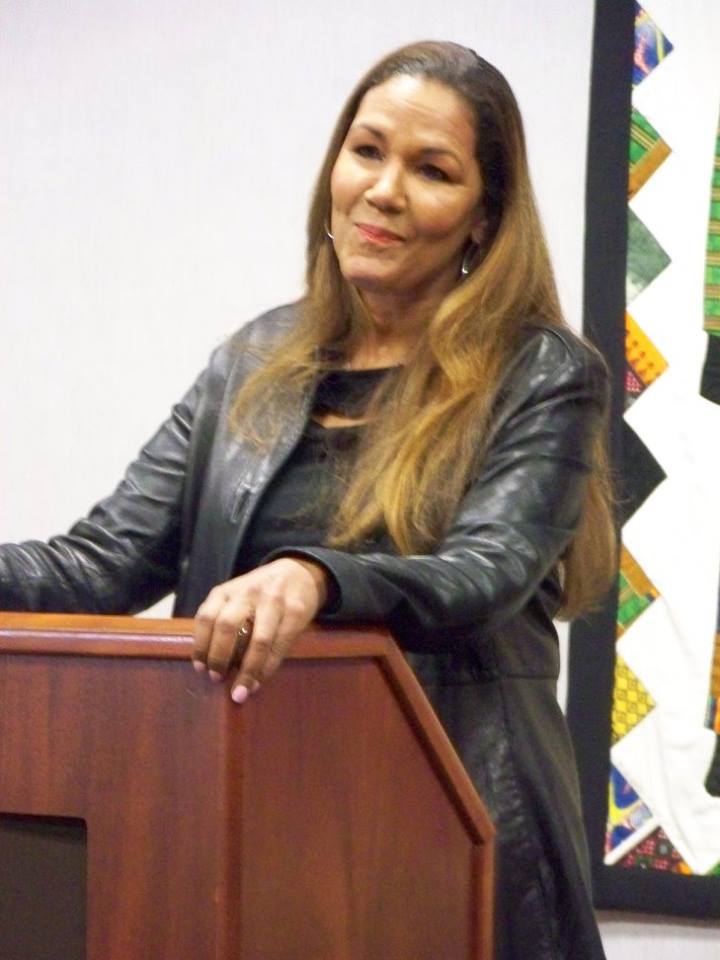
What recent program have you been especially proud of and why?
With the assistance of funding through Poets & Writers, our annual April Poetry Month program, which honors the works of poets, was a highlight for the DeKalb County Public Library. Poet Theresa Davis performed to poetry enthusiasts. Many attendees expressed they were new to her work, but had seen a listing of the event on the Poets & Writers Literary Events Calendar. This helped to expand the library’s publicity resources and allowed for the poet to gain new followers.
What was your most successful literary program, and why?
The most successful literary event has been the fifteenth Annual Jubilee of Reading Book Club Conference that was held on December 5, 2015. Normally we cap registration at one hundred attendees, but with the assistance of Poets & Writers we were able to accommodate over one hundred and fifty attendees. The energy and reception for the conference was magical. Authors and book lovers e-mailed me after the conference expressing that the event was both informative and fun. Author Deborah Johnson wrote, “I am sending you a proper, written thank you but just wanted to send a quickie now to let you know how honored I was to be asked to participate in the Jubilee of Reading. What a fantastic event—everything so well organized and with such fantastic participants.”
What’s the most memorable thing that’s happened at an event you’ve hosted?
Every event that has been hosted has had memorable moments. The most common theme for me would be seeing the joy that literary and poetry readings bring to the audience and the authors. The written word is sacred and to have that sacredness shared from each individual author’s perspective opens up the diverse world we live and participate in.
How do you cultivate an audience?
DeKalb County Public Library has created a great literary following through programming that we offer throughout the year. At the programs, we ask if attendees would like to be contacted about future events and use this database as a way to advertise, along with publicity through local newspapers, flyers, and Poets & Writers' resources, including the free Literary Events Calendar.
What do you consider to be the value of literary programs for your community?
A value cannot be placed on literary programs. The readings have allowed community participants an outlet to begin sharing their stories: to heal their inner conflicts and place value on their lives. Hosting authors has increased our community value by educating the public and creating a more educated society, gaining new readers, and allowing for diverse groups of people to connect and share their love of reading. The programs also give authors a platform to share their work and expand their audience.
Photo: Author Nea Simone at the Jubilee of Reading Book Club Conference. Photo credit: Angela Ried.
Support for Readings & Workshops events in Atlanta, Georgia is provided by an endowment established with generous contributions from the Poets & Writers Board of Directors, and others. Additional support comes from the Friends of Poets & Writers.






